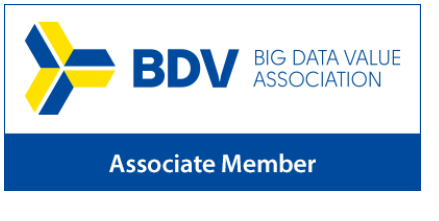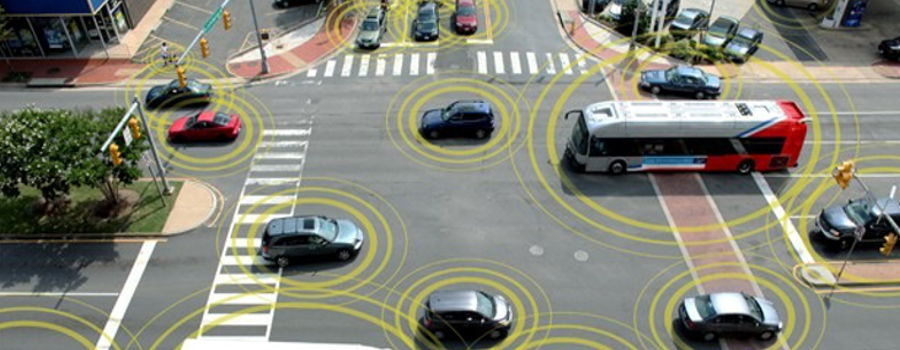
Last November I attend third Big Data Value Association (BDVA) Summit in Valencia. The BDVA is a fully self-financed non-profit organization under Belgium law that represents the ‘private’ side in Big Data Value Public Private Partnership (Big Data Value PPP), while the European Commission represents the ‘public’ side. The Big Data Value PPP is operational since January 2015, and its main objective is to boost European Big Data Value research, development and innovation. In particular BDVA aims at:
- strengthening competitiveness and ensuring industrial leadership of providers and end users of Big Data Value technology-based systems and services;
- promoting the widest and best uptake of Big Data Value technologies and services for professional and private use;
- establishing the excellence of the science base of creation of value from Big Data.
BDVA has around 150 members from 27 different countries working in 9 Task Forces: Programme, Impact, Community, Communication, Policy & Society, Technical, Application, Business, Skills and Education.
In 2016 the first PPP calls have been launched inside H2020 programme and in January 2017 the approved project will celebrate the kick-off meetings. CARTIF is a partner in one of this project titled Transforming Transport. As part of CARTIF’s tasks, we will in charge of Big Data approach inside one of the pilots, including Data Analytics.
Data Analytics and Computational Intelligence is not new to CARTIF. During last years, projects like OPTIRAIL, Development of a Smart Framework based on Knowledge to support Infrastructure Maintenance decisions in Railway networks, PREFEX Advanced techniques for the prediction of the excavation front or GEOMAF, New Maintenance Operations Management Tool for Railway superstructure and infrastructure, have tried to make valuable for the companies of the transport sector the information, knowledge, and experience the have gathered along the way, which are not systematically put into good use for multiple reasons.
At a more technical level the process is developed starting from the data (monitoring, historic information, etc.) and knowledge (experience) from an expert on the field. A proper use, based on Computational Intelligence methods and similar techniques, make possible to extract, model, and transfer knowledge that will make the involved companies able to give a higher added value to their activity and services.
Even so the use of data analytics techniques in real industrial environment is lower than expected. It is necessary to continue disseminating the benefits that techniques of this type can bring both in the social field, and in the industrial and services environment. Thanks to the BDVA and to events such as the one held in Valencia, this much-needed dissemination is increasingly being heard by a greater number of companies.
- Artificial Intelligence and Intelligent Data Analysis: statistics and math, not magic!! - 21 January 2022
- Data value and knowledge extraction - 17 January 2017
